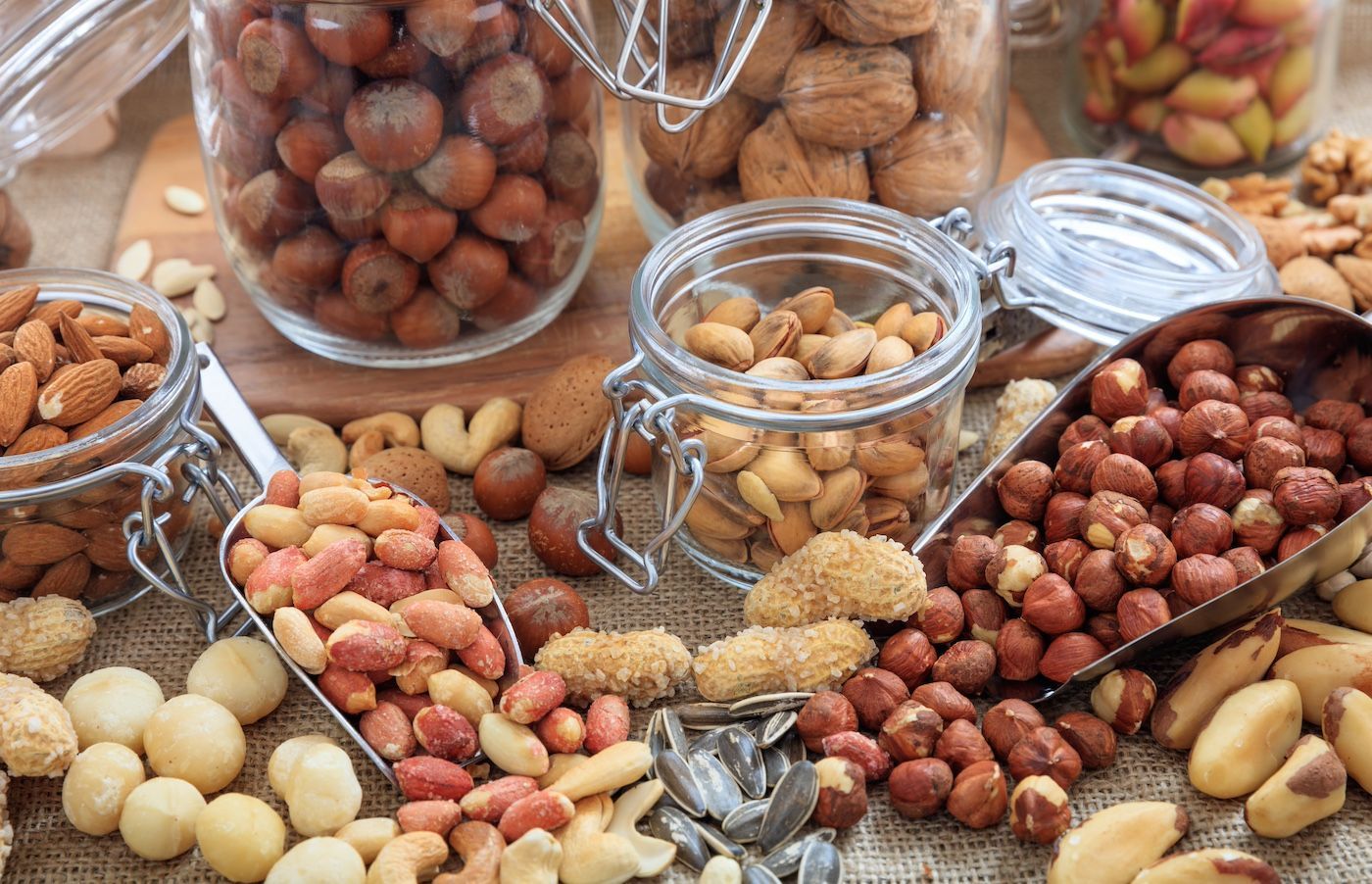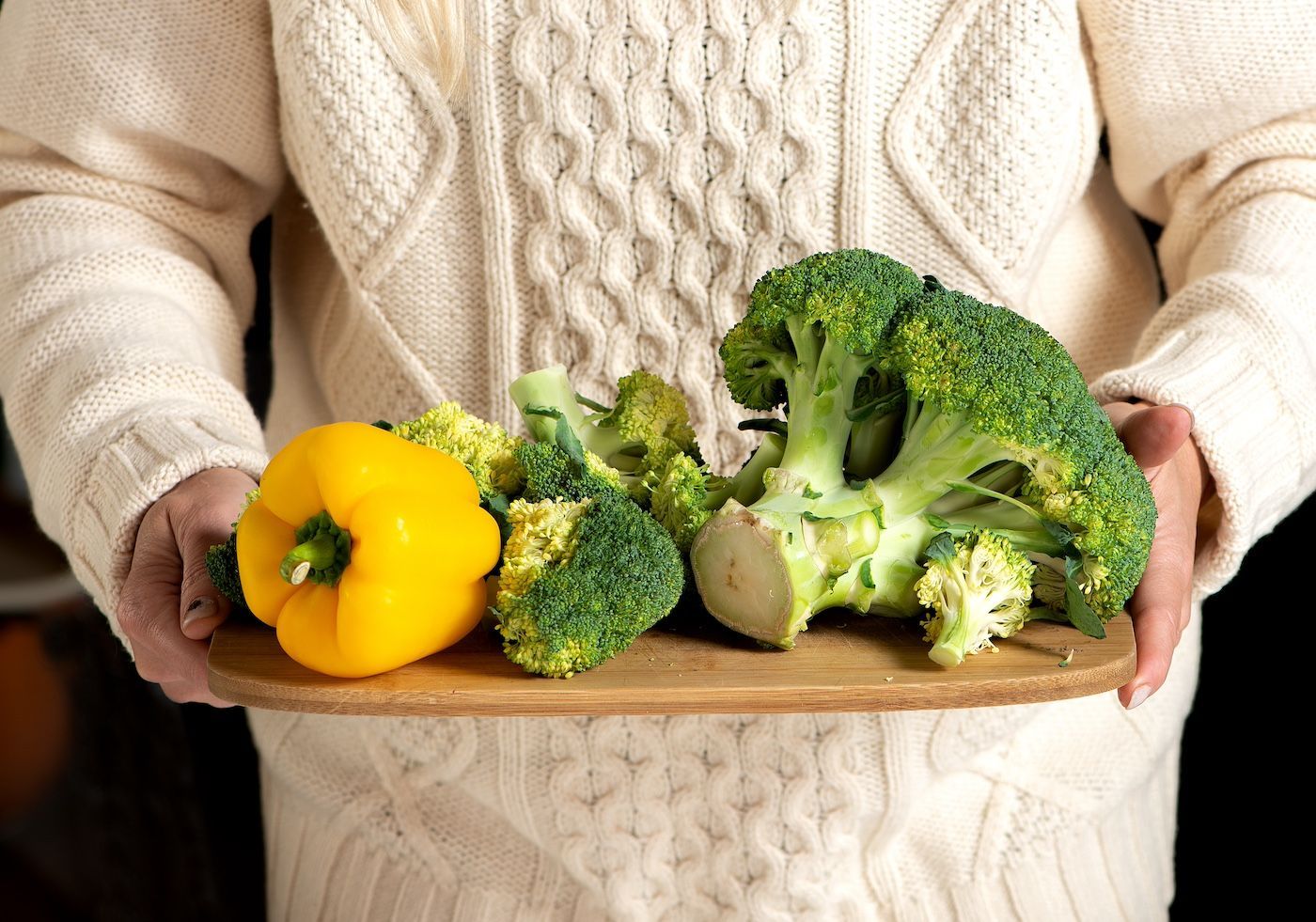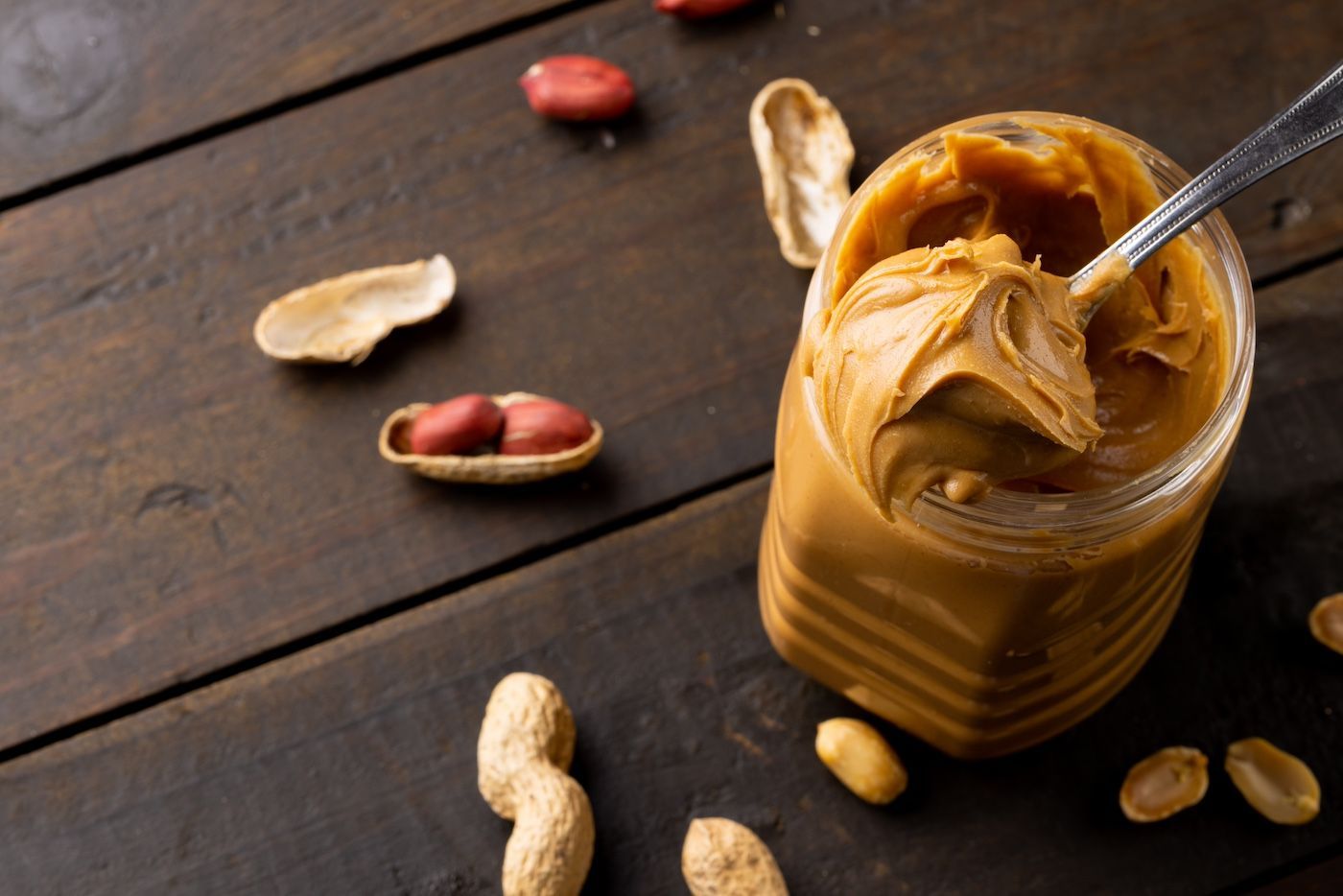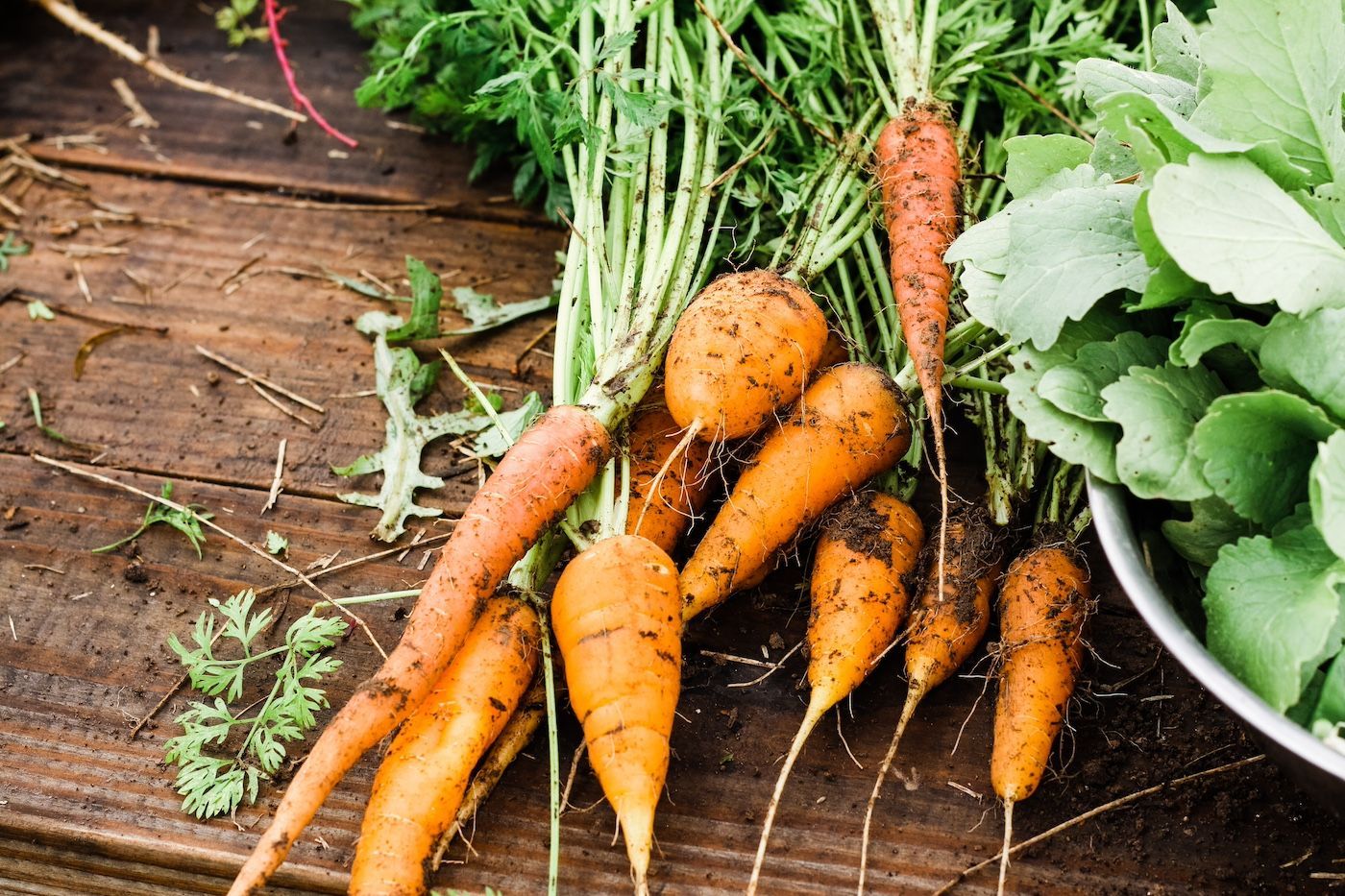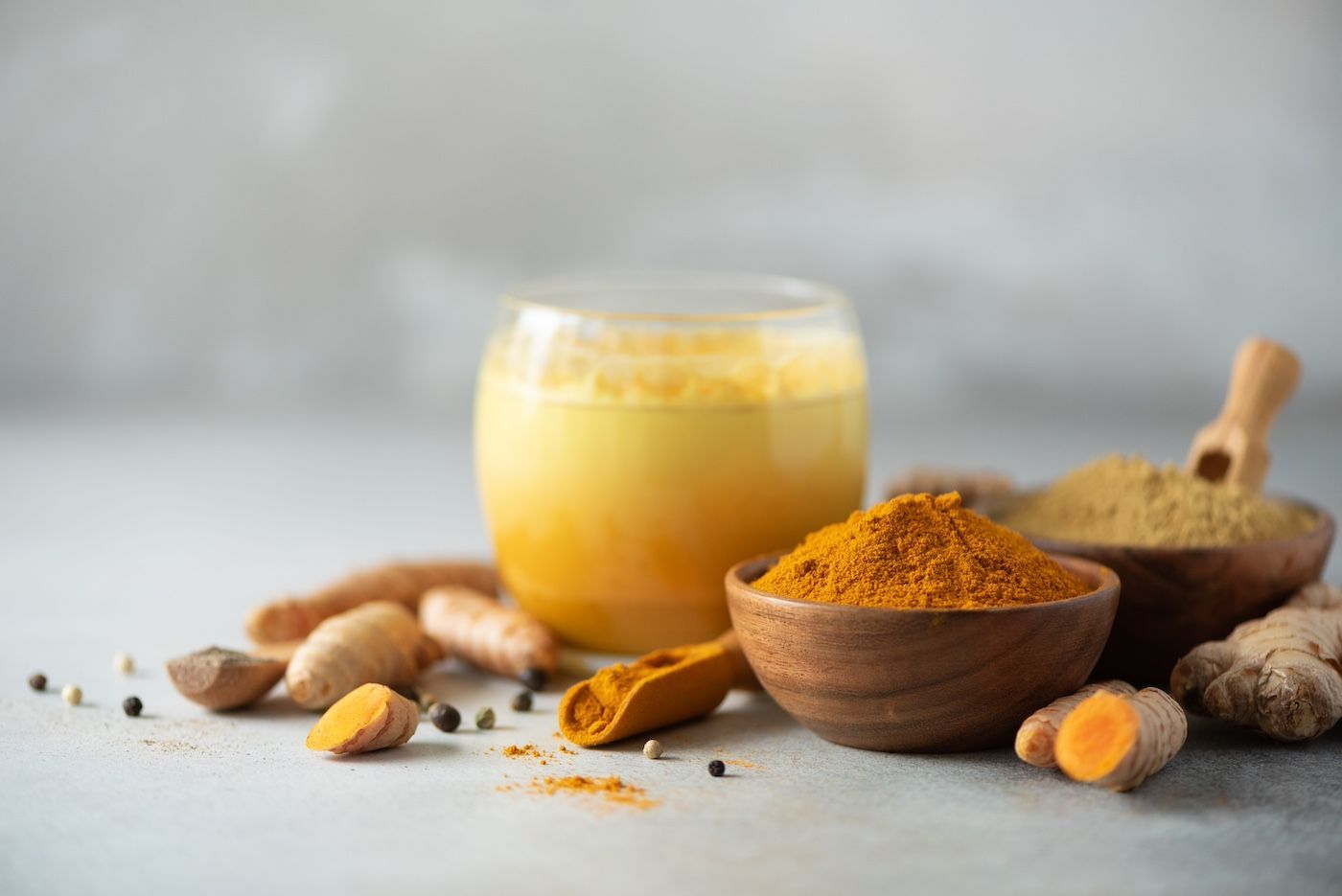Chews Your Health
Eggplant
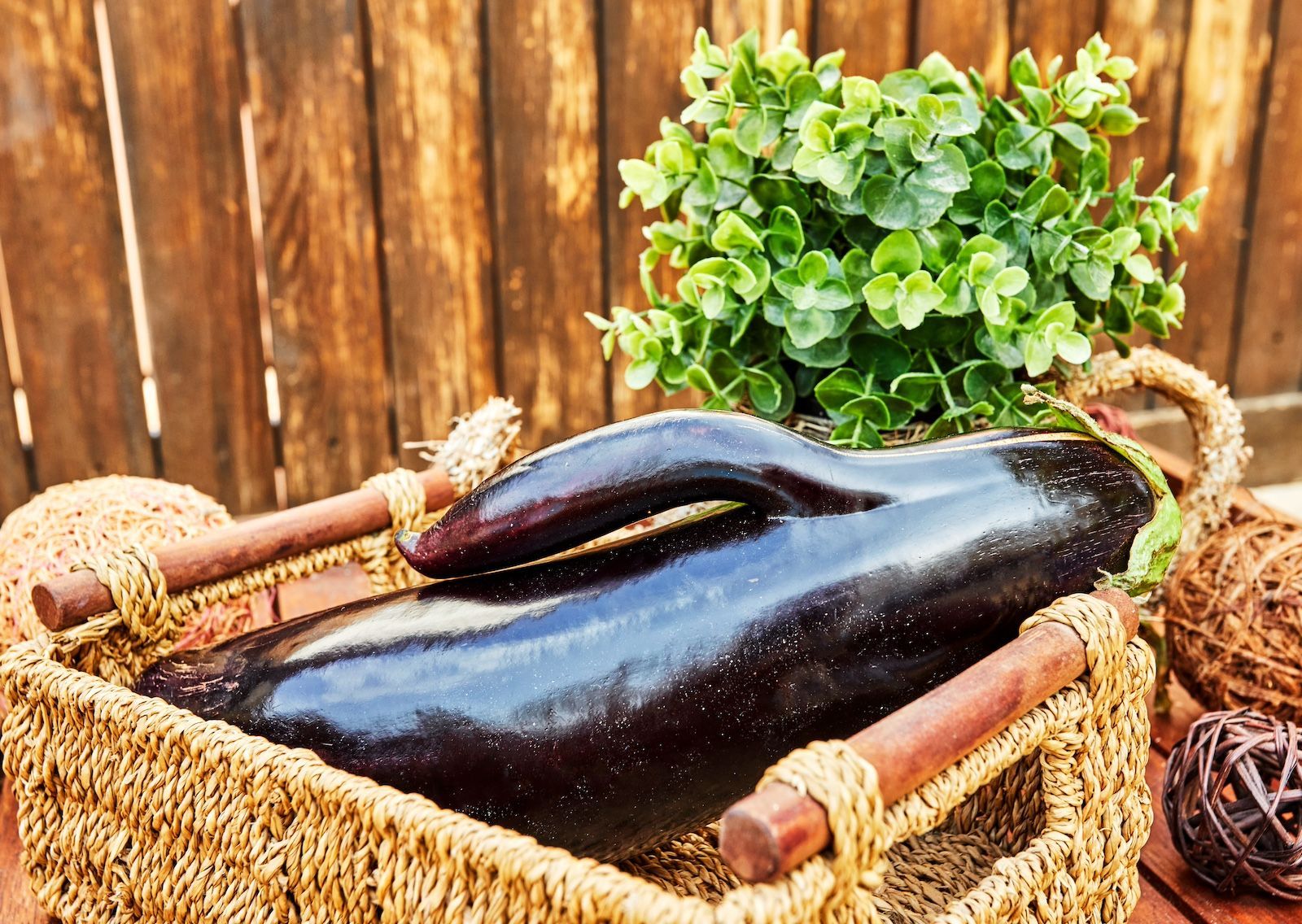
The Benefits of Eggplant
Eggplant is part of the nightshade family, and is grown in Missouri late June through mid-October. It has many varieties such as: graffiti, Italian, fairy tale, Chinese, Thai, white, Indian, and little green. Their flesh is spongy with a thick skin.
Health Benefits
Brain cell maintenance: nasunin (antioxidant found in the eggplant’s skin) is integral to protection of lipids found in brain cell walls. This strengthens the cell walls, allows information to be passed on to the cell, and protects from free radicals.
Iron maintenance: too much iron in the body is a bad thing. Nasunin helps to eradicate the buildup of excess iron, which can help those with rheumatoid arthritis, lower the risk of some cancers, and help with cholesterol maintenance.
Contains vitamin B1 (thiamin): Part of the water-soluble B-complex vitamins, B1 (thiamin) helps to convert food (carbohydrates) into fuel for the body to ensure cell growth and function.
Digestive health maintenance: fiber and high water content help to keep the digestive system regular.
SELECTION & STORAGE
Select organic eggplant that is firm with no visible bruising or dents on the skin. Bruising and dents mean the skin has been compromised, therefore the nutrient quality may be lacking.
Color should be vibrant, no matter what type is available (purple, green, white).
Store whole in the refrigerator without covering. Cutting the eggplant will expose the skin and make it perish faster.
How to Use
Grilled, roasted, or sauteed to add to other vegetable dishes like stir-fry, in hummus, added to pasta or curries.
Stuffed with quinoa/bulgur wheat, spices, and cheese.
In sandwiches or wraps.
As a topping for bruschetta.
When cutting eggplant, use a stainless steel knife, as a carbon knife will cause bruising to the flesh.
Eggplant skin is full of antioxidants, so eat them up! One exception is the white eggplant which is tougher than the green and purple varieties, therefore more difficult to enjoy.
Eggplants need to “sweat” out their extra water in order to reduce bitterness and sogginess before cooking. Simply cut the eggplant into rounds, sections, or lengthwise and place on a paper towel. Sprinkle Himalayan salt on the flesh and let rest for 30 minutes to an hour. Rinse and pat dry before cooking.
Take Note
Nightshades (i.e. eggplant, tomatoes, potatoes, peppers, tomatillos, goji berries) contain glycoalkaloids which are a natural pesticide that the plant itself gives off to protect from fungi or pests.
It is common for some individuals to have a sensitivity or intolerance to nightshade plants and have difficulty with digestion and absorption. Common symptoms can include diarrhea, gas, bloating, nausea, painful joints, headaches and depression. If you experience these symptoms, try to eliminate nightshades from your diet.

